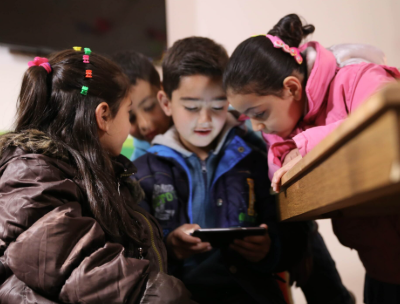As classrooms become more diverse and student needs vary widely, personalized education plans are gaining traction as a way to support every learner’s growth. With the help of artificial intelligence (AI), educators can now develop customized learning experiences that are more responsive, data-driven, and effective. AI is transforming how schools assess, adapt, and deliver instruction to meet students where they are and help them reach their full potential.
What Is a Personalized Education Plan?
A personalized education plan (PEP) is a tailored roadmap that identifies a student’s academic goals, learning preferences, strengths, and areas for improvement. Traditionally developed through teacher observation and assessments, PEPs are now being enhanced by AI-powered tools that analyze a wide range of data to suggest specific strategies and content for each learner.
How AI Enhances Personalization
AI systems can process large volumes of student data in real time—from test scores and quiz results to participation levels and time spent on tasks. These insights allow educators to identify learning patterns, detect gaps early, and recommend targeted interventions. Adaptive learning platforms powered by AI can adjust lesson difficulty and pace on the fly, offering practice problems or resources aligned with the learner’s progress.
Benefits for Students
AI-supported PEPs help students receive:
- Customized feedback on their strengths and weaknesses.
- Learning activities that align with their preferred styles (visual, auditory, hands-on).
- Flexible pacing that allows for acceleration or additional support.
- Greater ownership of their learning through goal-setting and self-assessment tools.
This personalization not only improves academic performance but also boosts confidence and motivation.
Support for Teachers and Schools
AI doesn’t replace educators—it enhances their ability to support students. Teachers can use dashboards to track class-wide and individual progress, identify trends, and access recommended resources. These tools help educators prioritize their time, differentiate instruction, and adjust lesson plans efficiently. For schools, AI can inform curriculum development, resource allocation, and intervention planning.
Ethical Use and Data Privacy
As with any use of technology in education, it’s essential to ensure that AI-powered tools respect student privacy and are used ethically. Transparency in how data is collected, stored, and analyzed is critical. Schools should partner with reputable EdTech providers and involve families in understanding how these tools support learning.
Looking Ahead
The future of personalized education is closely tied to the evolution of AI. From intelligent tutoring systems to voice-enabled support and predictive analytics, new tools are on the horizon to further individualize the learning journey. As AI continues to mature, it will offer even more precise and inclusive solutions for helping students thrive.
Conclusion
Personalized education plans powered by AI are reshaping modern classrooms. By combining human insight with intelligent tools, educators can provide more meaningful, equitable, and adaptive learning experiences. This partnership between teachers and technology holds great promise for supporting every student’s path to success.


